‘The Hobbit’ Story Group 6: Out Of The Frying-Pan Into The Fire
Six chapters. That’s what The Hobbit: An Unexpected Journey, which opens tomorrow in the U.S., will actually cover of The Hobbit. For one of three films, that’s a good percentage. The book totals 19 chapters, some longer than others, of course.
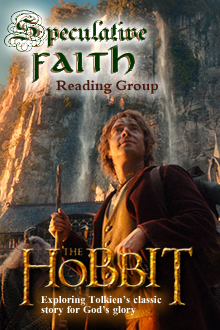
Click to see the whole Hobbit reading-group series so far. (Should we resume only before the next film? Or continue with the book discussion? Let us know in the comments.)
Hmm. At the same time, I seem to recall The Lord of the Rings: The Fellowship of the Ring (2001) covering an entire book, plus some, in one film. Plenty was cut, and other story potions enhanced. That includes the journey in the dark, ending in the thrilling Bridge of Khazad-dûm sequence, which lasts perhaps 40 minutes in the film, to the complaint of few.
Expect similar adaptation for this last chapter (as with the scenes in Goblin-town). They will first be adapted nearly verbatim, then thrown into OVERDRIVE with chases, snarling wolves, fires, and of course goblin-smacking and -whacking and -bashing and -hewing.
Yes, I will be there for the film — though not at midnight. I plan to see The Hobbit: An Unexpected Journey at exactly 7:15 p.m. Eastern time, in non-3D, non-high frame rate. The experience will be enjoyable enough without adding a technology that has divided many viewers. When I’m more familiar with the film in “standard” format, I’ll discern better.
How will you see The Hobbit part 1? What is your reaction to the film’s images, behind-the-scenes footage, trailers, TV spots, music tracks, film clips, and other marketing thus far?
Finally, return to Middle-earth with these words from Desiring God author David Mathis:

At the end of his important essay “On Fairy Stories,” Tolkien explains from where he intends his tales to draw their power — from the emotional reservoir of the Christian gospel. The “primary world” story of the Son of God himself, taking full humanity at Christmas, living flawlessly in our fallen world, sacrificing himself to rescue us on Good Friday from God’s just wrath, and rising again victorious on Easter as the living Lord of the Universe — here is the Story for which God made the human heart and the Story from which all good stories derive their power.
For Tolkien, the enchantment of the Christian gospel is deeper than allegory (which he thought crass) or merely having a character who is the Jesus figure. Tolkien believed that God made humanity for the Great Joy purchased by and provided in the Good News of Jesus, and that the joy we experience from good fantasy tales stream their power from the real world, the Primary Reality, created by God and culminating in the life, death, and resurrection of his Son. In this way, Tolkien thought that all good stories meet with God’s gospel-shape imprint on his creatures.
Finding Jesus in The Hobbit doesn’t mean shoe-horning Gandalf or Bilbo or anyone else into some Christ mold, but following the story, truly tracking its twists, feeling its angst, and knowing that the “turn” — the Great Unexpected Rescue just in the nick of time, the place where our souls are most stirred and relieved and satisfied — is tapping into something deep in us, some way in which God spring-loaded us for the Great Story and the extent to which he went to reclaim us.
Chapter 6: Out of the Frying-Pan into the Fire
- Read chapter 6, pages 87 (Bilbo had escaped …) to 103 (“… my poor legs!”).
- If you were Bilbo Baggins, having just defeated not only a slimy cave-creature but a whole battalion of Goblins, and could use a magic ring to sneak up on your traveling companions — who hadn’t thought much of you before — what would you do?
- Are you surprised at what Bilbo does? What doesn’t he mention finding the Ring?
- Why does Gandalf continue to seem so grumpy? Can a “good guy” character be often angry at others or have some other “besetting sin” and yet be a hero we can admire?
- Here are more evil creatures. Which seems scariest: Trolls, goblins, Gollum, or wolves?

Wargs: this time, less hyena, more Norse.
- Either way, why do wolves figure so prominently in fairy tales? How does Tolkien use them differently? (Example: a whole pack of wolves, with goblins, not just one wolf.)
- Why are they called Wargs? Did Tolkien invent this term? (Answer: no, it’s Norse.)
- The Warg leader spoke to them in the dreadful language of the Wargs (page 96). Again we have talking animals in the world of Middle-earth, but this time we don’t hear what they’re saying in another language. Does this seem more or less “realistic”? How is that different from talking animals in Narnia, who speak in English and can be understood?
- “What is all this uproar in the forest tonight?” (page 99) Ah, now here are the Eagles! We can understand them, at least in this scene. Have you ever read a fantasy story in which all wolves are good and all eagles bad? Why do you think these associations continue?
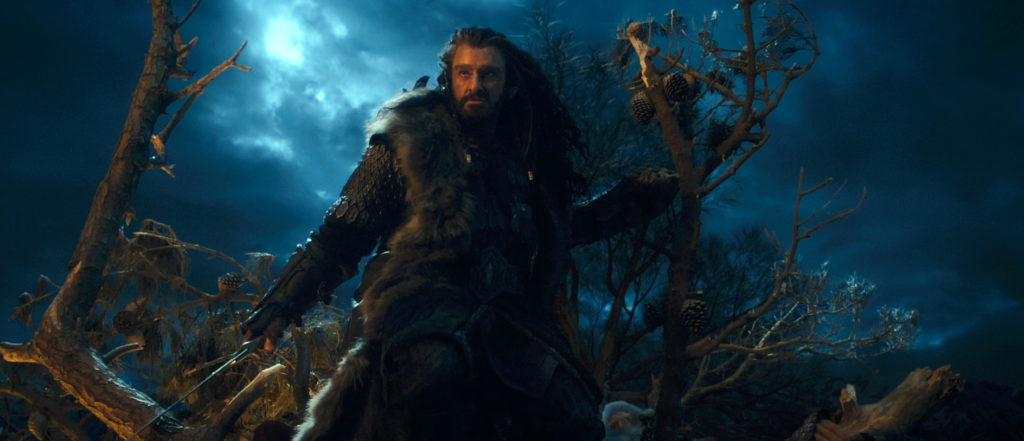 Eagles are not kindly birds. Some are cowardly and cruel. But the ancient race of the northern mountains were the greatest of all birds; they were proud and strong and noble-hearted. They did not love goblins, or fear them. (page 99) Is it possible to be great or even noble and not also be kindly? Can true heroes or “good guys” have such flaws?
Eagles are not kindly birds. Some are cowardly and cruel. But the ancient race of the northern mountains were the greatest of all birds; they were proud and strong and noble-hearted. They did not love goblins, or fear them. (page 99) Is it possible to be great or even noble and not also be kindly? Can true heroes or “good guys” have such flaws?- “Fly away little birds! Fly away if you can! …” … “Go away! little boys!” shouted Gandalf in answer. “It isn’t bird-nesting time. Also naughty little boys that play with fire get punished.” (pages 100-101) What do you think about this goblins-vs.-Gandalf trash-talk?
- Again, should stories not have deus ex machina endings? Does Tolkien get away with it?































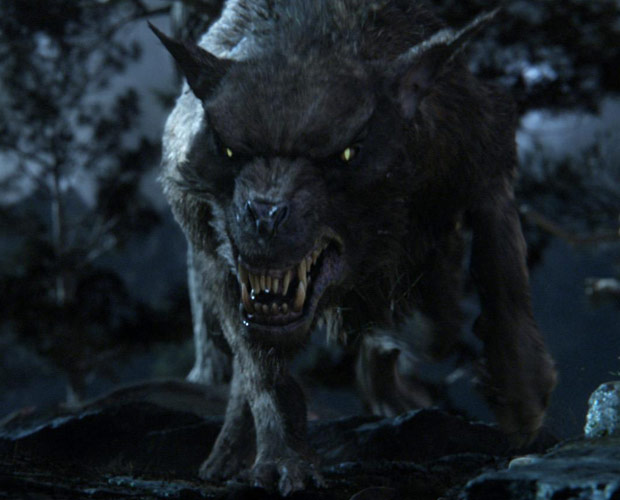

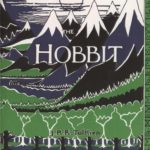


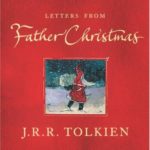


Maybe the Ring is already starting to corrupt him.
Well, I think Gandalf has a lot of excuses for being grumpy, including in this chapter his concern over Bilbo’s story, which the text implies that Gandalf sees through.
But this proves that Tolkien does not use cookie-cutter good guys who get to murder a lot of stereotyped, uncomplicated bad guys, as liberal critics like to say. Tolkien is a modern, “gritty” high fantasy writer, the first of that class.
Obviously, the Narnians must have been using a prototype of the universal translator that was later adapted by Star Fleet. 😉
Stories that don’t take a realistic approach to languages annoy me. I have the way languages are explained away in Star Trek; if the universal translator really works that seamlessly, there should still be innumerable signs and indications of languages. Even if the translator is somehow changing the alien’s words into English before they reach Captain Picard’s ears, we should still see the alien’s mouth move to foreign syllables. And then, there are times when there will be a line of Klingon (or, for that matter, French), and there is no explanation as to why the universal translator left those foreign words alone.
I didn’t notice the language thing as much in The Chronicles of Narnia. I don’t feel surprised that the children can talk to the Narnians, but I do feel that the different cultures of Narnia should have had different languages, and that introduces the problem of how the English children are communicating with the Narnians. Anyways, I prefer a realistic approach to language and all worldbuilding, and that makes me prefer The Hobbit over The Chronicles of Narnia, even though I do appreciate Narnia.
I think it depends how magnificent and awe-inspiring the deus element is. The eagles are wonderful and come as a surprise to first-time readers. I think they qualify, and I think it works well.